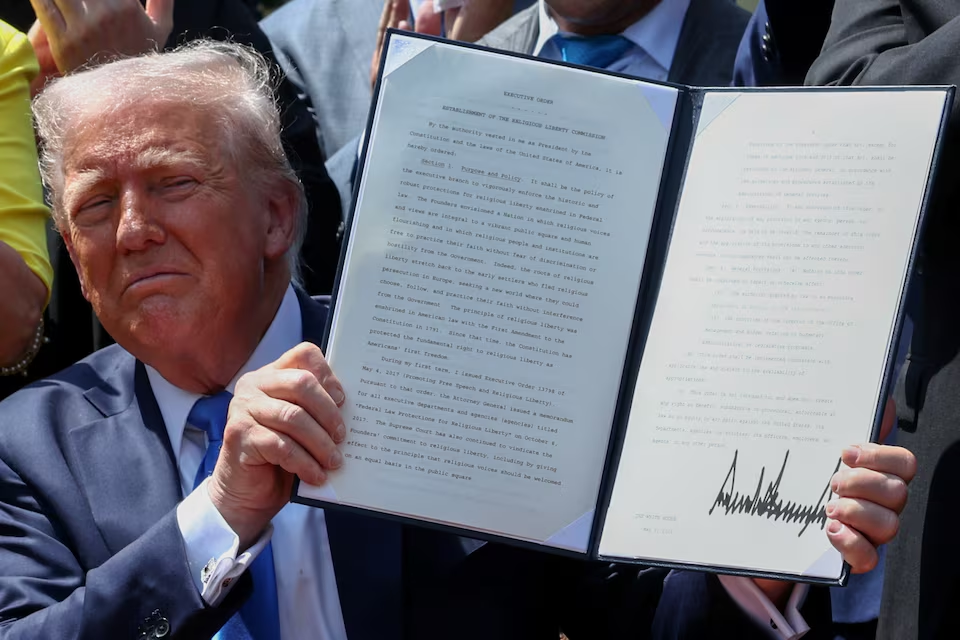Denmark’s parliament has passed a landmark defense agreement that allows the United States to operate freely at three key Danish military airbases, sparking both strong support and sharp criticism over the implications for national sovereignty and constitutional law.
The bill, passed on June 11, gives U.S. forces “unimpeded access and use” of the military facilities in Karup, Skrydstrup, and Aalborg. These airbases are strategically located and have historically served Denmark’s defense infrastructure under NATO coordination.
Key Provisions of the Agreement
The agreement grants U.S. military personnel full access to the bases and their facilities, with the authority to conduct operations, store weapons and equipment, and carry out training missions. American troops stationed at the bases will remain under U.S. military jurisdiction—even in cases where they commit offenses on Danish soil outside the military compounds.
In addition, the agreement allows the U.S. to bring in its own vehicles, aircraft, ships, and support infrastructure without Danish approval for each individual deployment. While Denmark retains formal ownership of the bases, operational control during U.S. usage falls to the American military.
Political Backing and Vote Results
The bill received strong support in parliament, with 94 votes in favor and only 11 against. The Social Democrats, Liberals, and Conservative parties backed the agreement as a necessary modernization of Denmark’s defense ties with the United States. Prime Minister Mette Frederiksen defended the deal, saying it ensures Denmark remains a reliable partner in NATO while boosting its own security posture.
“This agreement strengthens our position in an increasingly unstable world. Cooperation with our closest allies, especially the United States, is vital to Denmark’s defense,” Frederiksen said in a statement.
Public and Legal Backlash
Despite strong parliamentary backing, the bill has ignited a wave of public concern and criticism from legal scholars, human rights groups, and opposition parties. Critics argue that the arrangement compromises Denmark’s legal sovereignty and may violate constitutional protections.
The Danish Institute for Human Rights warned that allowing U.S. forces to operate under their own military legal systems could lead to situations where Danish citizens or journalists are subject to foreign jurisdiction—or worse, find themselves without legal recourse if harmed by U.S. personnel.
Pelle Dragsted, leader of the left-wing Unity List party, accused the government of surrendering core democratic values. “This agreement means American soldiers can commit crimes in Denmark and not be held accountable under our laws. That’s unacceptable and unconstitutional,” he said during the parliamentary debate.
Legal experts have also flagged concerns that the U.S. could deploy controversial weapons or engage in surveillance activities from Danish soil without meaningful oversight from Copenhagen.
Concerns Over Protests and Policing
Another contentious issue is the possibility that U.S. military personnel may participate in crowd control or public order operations near the bases, especially if protests arise. Although the agreement states that Denmark retains policing authority, critics fear that vague language could allow American forces to act independently in certain scenarios.
The government has promised that Danish authorities will maintain primary law enforcement responsibility and that any alleged crimes by U.S. forces will still be subject to Danish diplomatic pressure.
Strategic Importance Amid Geopolitical Shifts
This agreement comes at a time of renewed geopolitical tension, especially following Donald Trump’s return to office and his previous interest in purchasing Greenland—a self-governing territory under the Kingdom of Denmark. Many analysts see the deal as Denmark’s attempt to reinforce its position as a critical partner to the U.S. while avoiding political fallout over Greenland.
Supporters argue that the defense agreement ensures Denmark remains aligned with Western strategic interests, particularly amid rising military activity from Russia in the Arctic and Baltic regions.
What Comes Next
With the agreement now ratified, Denmark will begin preparing its airbases for expanded U.S. presence. The Danish government has pledged to monitor the arrangement carefully and maintain transparency with the public. However, legal challenges could emerge in the months ahead, as critics explore options to test the deal’s constitutionality in court.
For now, the agreement represents one of the most significant shifts in Danish defense policy in decades—and a test of how far a democratic nation can go in balancing alliance commitments with domestic sovereignty.
Source: The Guardian



